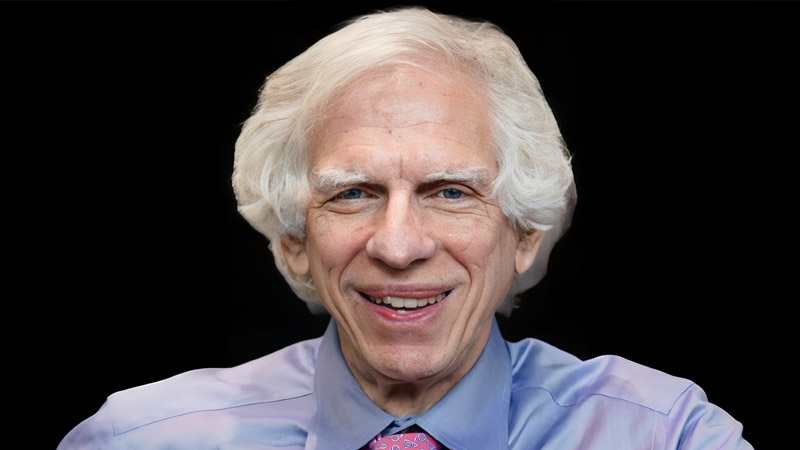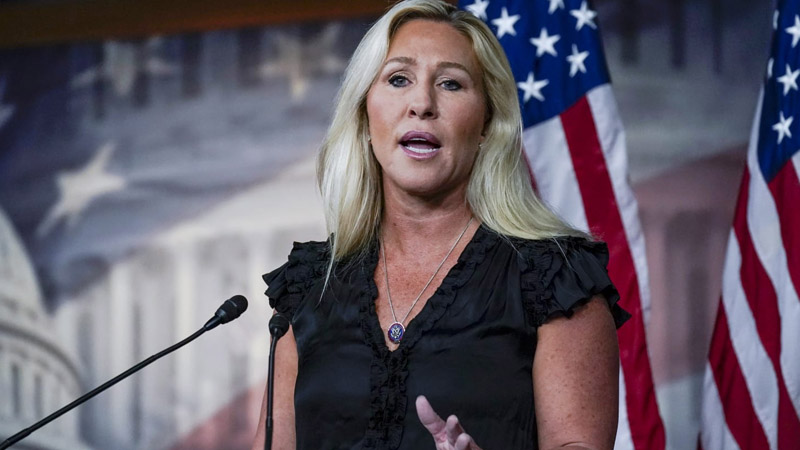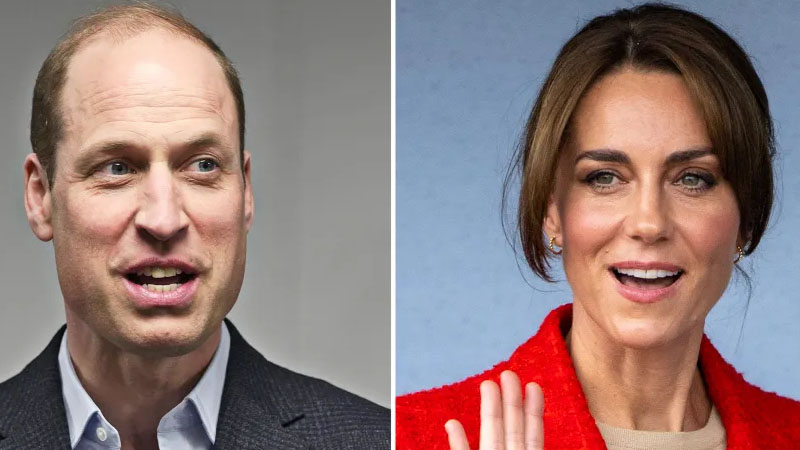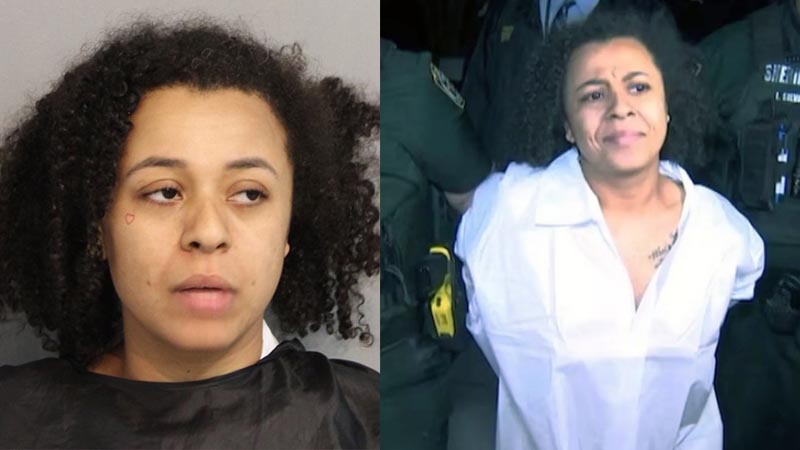“You have already submitted your post-trial briefs and made your final arguments” Judge Criticizes Trump’s Lawyer in Civil Fraud Suit with Scathing Letter

(AP Photo/Seth Wenig)
In a notable development within Donald Trump’s ongoing $370 million civil fraud lawsuit, Judge Arthur Engoron has issued a sharply critical communication directed at Trump’s legal representative, expressing significant dissatisfaction with what he termed an “unreasonable” response from the defense.
The core of the judge’s discontent stemmed from a reply provided by Cliff Robert, Trump’s attorney, concerning inquiries related to potential perjury by Trump’s co-defendant, Allen Weisselberg, particularly regarding his alleged plea deal discussions with the Manhattan District Attorney’s office about providing false testimony.
Judge Engoron, in his communication, emphasized the gravity of understanding the implications of any perjury within his courtroom, especially in a case of this magnitude. He articulated his expectation for transparency, particularly if it involved a guilty plea to perjury in a trial under his oversight.
The judge also addressed the defense’s ongoing critique of his impartiality, suggesting that their objections, which often arose in response to unfavorable rulings, were becoming tiresome and unconstructive to the legal proceedings. The dispute escalated following the defense’s attempt to cast doubt on the credibility of Michael Cohen’s testimony, a move that Judge Engoron found to be beyond the bounds of the trial’s current stage, given that the post-trial briefs and final arguments had already been submitted.
“You have already submitted your post-trial briefs and made your final arguments,” said Engoron. “Your invocation of Michael Cohen’s testimony and veracity is completely out of bounds.”
This challenge to Cohen’s testimony, according to Engoron, was entirely inappropriate and unwarranted at this juncture of the trial process. Throughout the trial, Trump has maintained his innocence, countering the accusations led by New York Attorney General Letitia James, who charged him with engaging in fraudulent practices by overstating the value of his assets. Trump has dismissed the lawsuit as a politically motivated attack, labeling it a “witch hunt” aimed at undermining his integrity and standing, particularly in light of his political endeavors.
“I have not taken, do not plan to take, and did not suggest or hint that I would take judicial notice of the subject New York Times article,” Engoron writes. “However, if, tomorrow, Mr. Weisselberg publicly confesses to having committed perjury about a significant matter in the case before me, or if he pleads guilty to such perjury at any time before I issue my final decision, I will research and consider what the law allows.”
The tension within the courtroom has been palpable, with the legal battle unfolding against the backdrop of Trump’s presidential campaign. The starkly critical tone of Judge Engoron’s letter, as shared by Courthouse News reporter Erik Uebelacker on the social media platform X, underscores the heightened emotions and contentious atmosphere surrounding this high-profile case. Engoron’s pointed critique of the defense’s tactics and responses highlights the ongoing challenges and complexities inherent in this significant legal confrontation.


